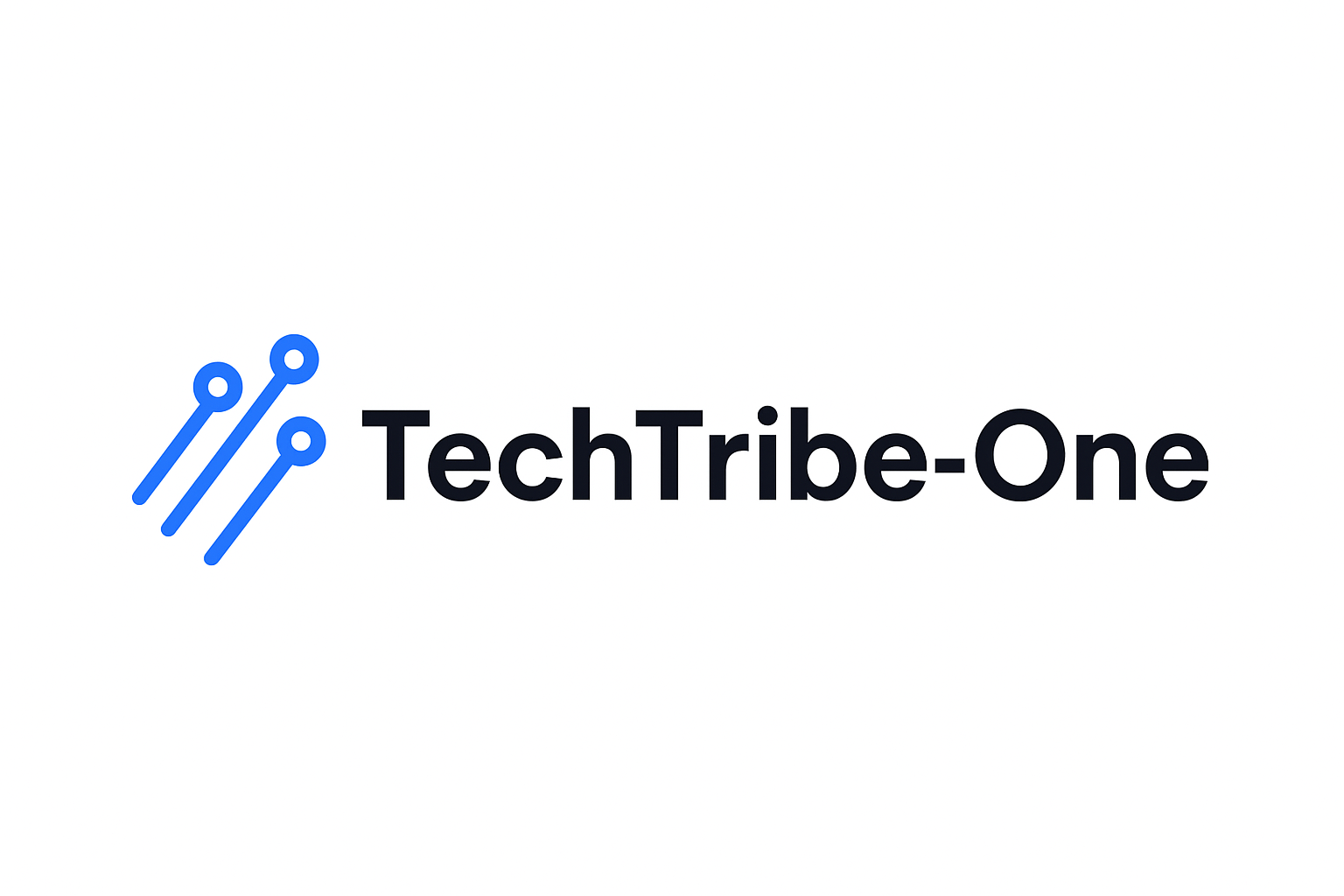Reflection AI Raises $2 Billion to Build America’s Open-Source Frontier AI Lab
The young startup aims to challenge DeepSeek and closed U.S. giants like OpenAI by building large-scale open-weight frontier models.
Source: TechCrunch (Rebecca Bellan, Oct 9 2025)
Reflection AI, a startup founded in 2024 by two ex-Google DeepMind researchers, has raised $2 billion at an $8 billion valuation — just seven months after being valued at $545 million. Reported by TechCrunch, the company is positioning itself as an open-source counterweight to closed frontier labs such as OpenAI and Anthropic — and a Western rival to China’s DeepSeek.
Co-founders Misha Laskin and Ioannis Antonoglou bring serious pedigree: Laskin led reward modeling for DeepMind’s Gemini project, while Antonoglou helped create AlphaGo, the AI that beat the world Go champion. Their mission? To prove that top-tier AI talent can build frontier-scale systems outside Big Tech’s walls.
Alongside the new funding, Reflection AI confirmed it has assembled a 60-person team of elite engineers from DeepMind and OpenAI and built a massive training stack designed for open access. The startup says it has “identified a scalable commercial model that aligns with our open-intelligence strategy.”
According to Laskin, the company is training a frontier-level language model using “tens of trillions of tokens” and a Mixture-of-Experts (MoE) architecture — a method that until recently only mega-labs could afford to scale. Reflection AI plans to release its first text-based model early next year, with multimodal features to follow.
“DeepSeek, Qwen, and other Chinese models were our wake-up call,” Laskin told TechCrunch. “If we don’t act now, the global standard of intelligence will be built elsewhere.” He added that Western nations risk losing influence as enterprises and governments shy away from Chinese systems for legal and sovereignty reasons.
Industry leaders welcomed the move. U.S. AI and Crypto Czar David Sacks posted on X that open-source AI “offers cost, control, and customizability — a category America must win.” Hugging Face CEO Clem Delangue called the raise “great news for American open-source AI,” while noting the next challenge would be rapid, transparent model-sharing.
Reflection AI plans to release model weights for public use while keeping datasets and training pipelines private — a balance similar to Meta’s Llama strategy. Revenue will come from enterprises and governments building on top of its models, particularly for “sovereign AI” initiatives — nationally controlled systems built on open infrastructure.
“Once you reach enterprise scale, you want an open model you can control, customize, and optimize,” Laskin said. “That’s exactly the market we’re serving.”
With investors including Nvidia, Sequoia, DST, B Capital, Lightspeed, and GIC, Reflection AI now stands at the center of a global debate over who shapes the next generation of intelligence — open labs or corporate silos.
🧠 TechTribe-One Insight
Reflection AI’s rise signals that open-source models are becoming the next competitive frontier. For African AI builders, this is an invitation to leverage open frameworks to train local languages, build sovereign data stacks, and join the global race without billion-dollar budgets.

